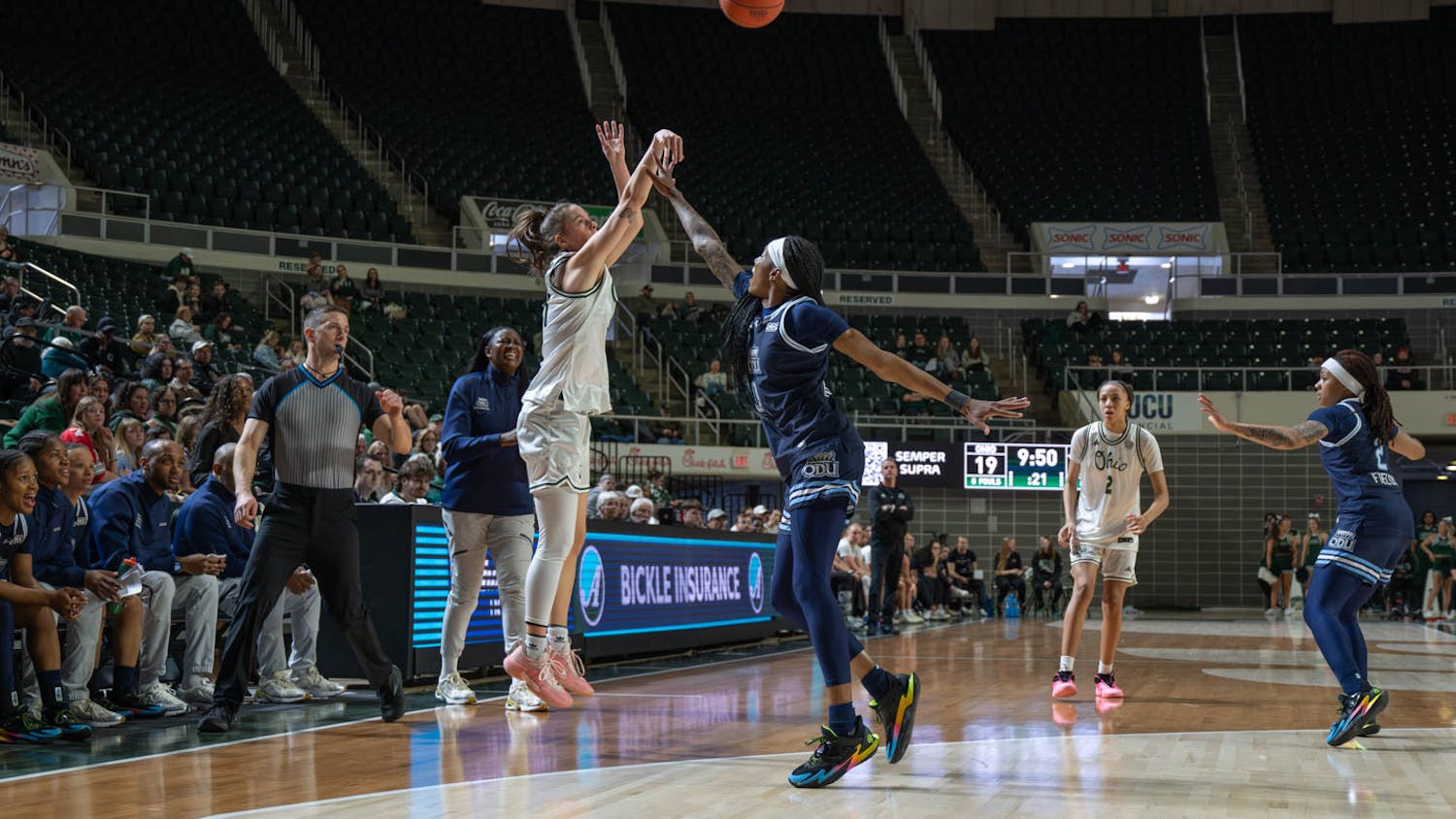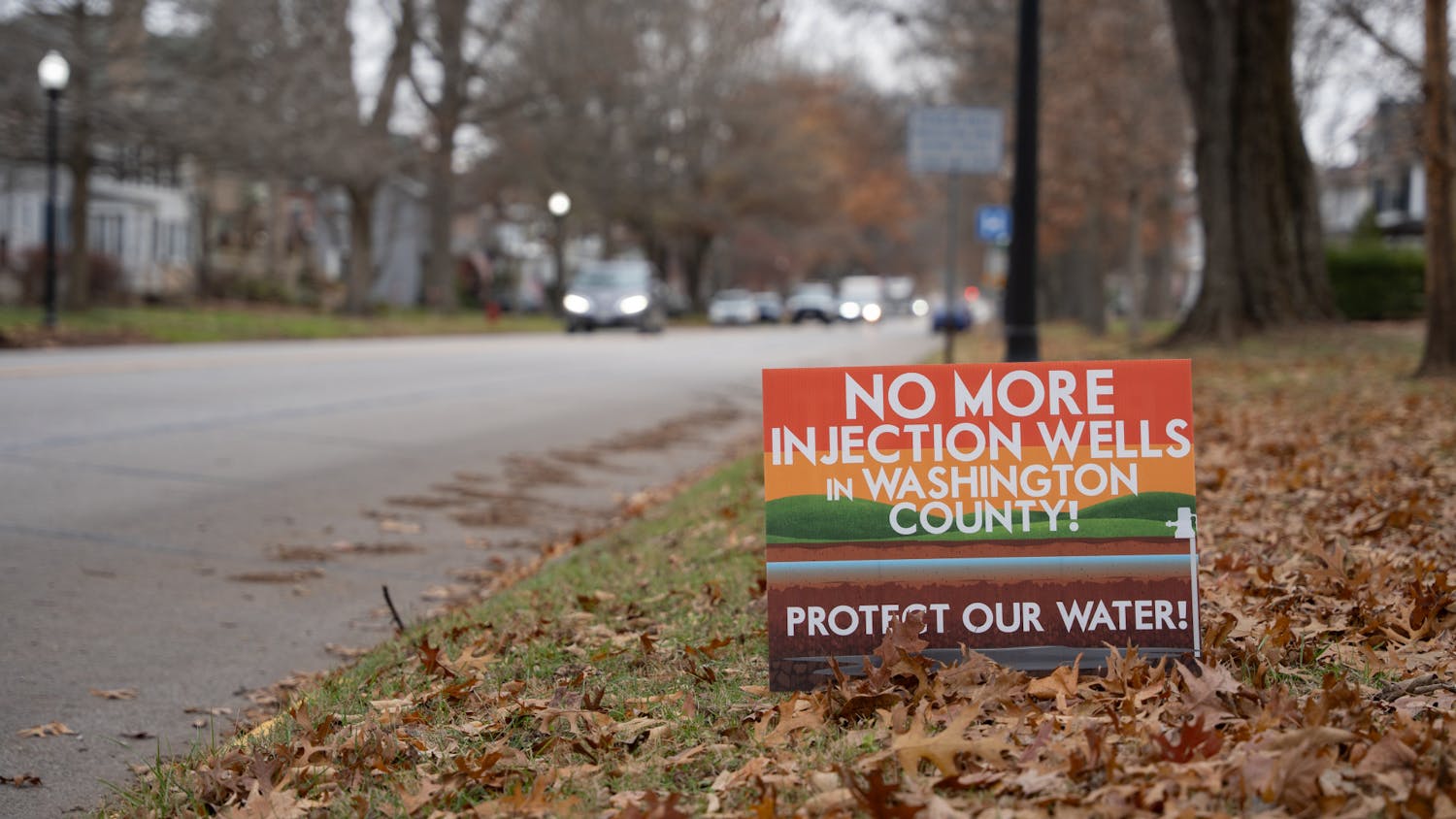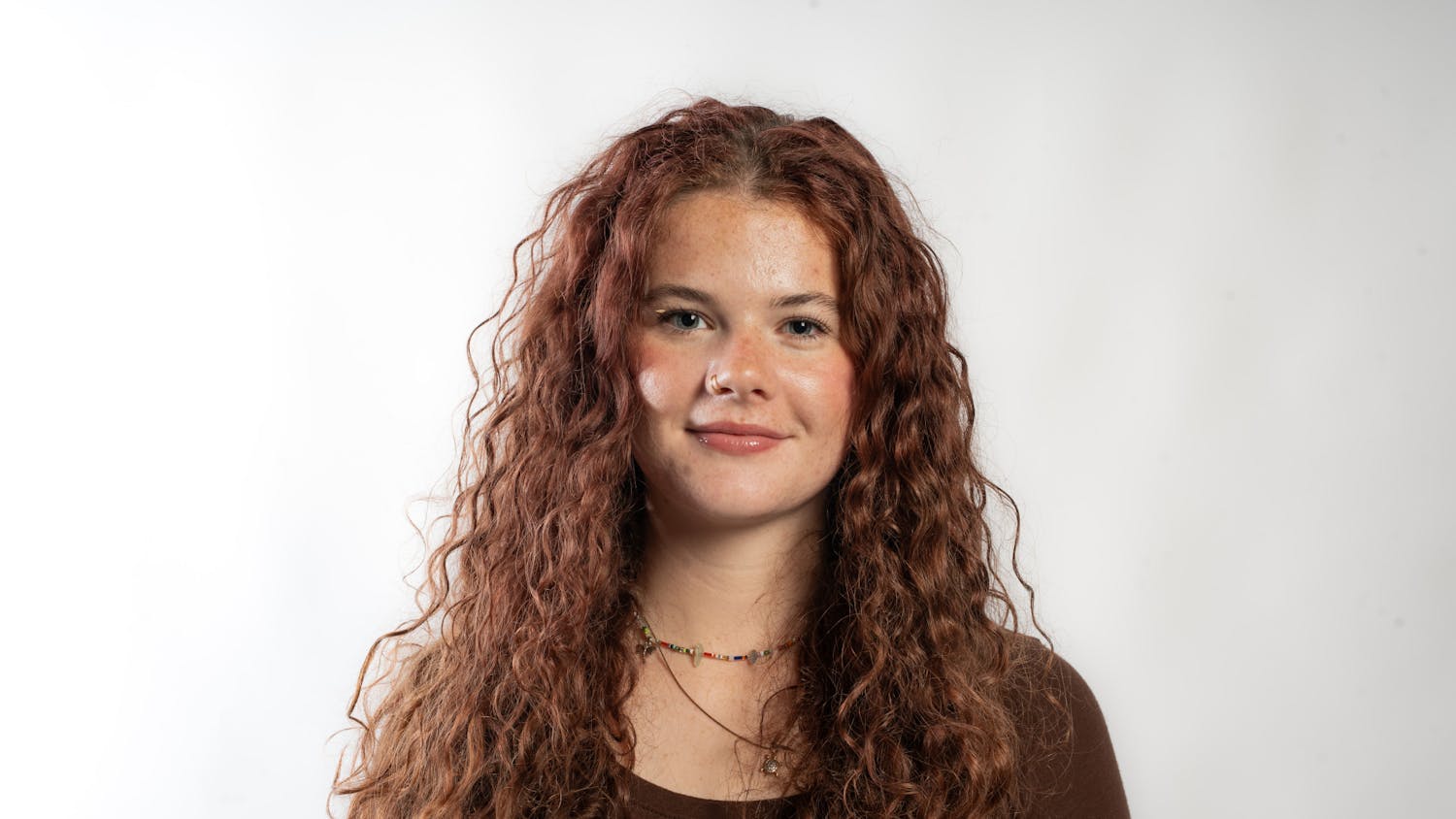Psychologists believe social media can affect users both positively and negatively, depending on how they use it.
Some people choose to periodically participate in social media cleanses, of sorts, taking prolonged breaks from using the sites. But research has shown that taking breaks from platforms like Twitter, Instagram and others can have both benefits and drawbacks.
“I disabled my Instagram account at the beginning of this school year, and it was the best decision to clear my mind and focus on the transition from summer to school and all my changes,” Jade Smith, a freshman studying journalism, said.
Brad Okdie, an associate psychology professor at Ohio State University, has studied social media’s impact on psychological health. He explained one experiment in which students were asked to take a break from social media, and students reported greater well-being. However, they had higher levels of cortisol in their blood streams. Cortisol is a hormone seen when individuals are stressed out.
“It’s hard to say whether taking breaks from social media has either a positive or negative impact on mental health,” Okdie said. “There can be both good and bad consequences.”
Nicole Muscanell, an assistant professor of psychology at Penn State University, said the idea of social media affecting mental health is nuanced, and many factors need to be examined before making assumptions.
“Studies show that people who share things and communicate with others have more positive outcomes than passive people on social media,” Muscanell said.
Okdie said that in history, group membership has always been important. He gave the example of individuals not having the power to take down a woolly mammoth by themselves, therefore relying on group effort to get their food.
“Myself and some of my colleagues have been talking about how there is a lot of research in social psychology about how people have a need to belong,” Okdie said. “We have this desire to belong to and be a part of groups.”
Okdie compared the importance of historical group membership to the fact that with social media, people have access to their groups all the time. He said many researchers and social psychologists have suggested if someone is not part of a group, bad things happen psychologically and physiologically. People report a lower sense of belonging and lower self-esteem without a group with which to identify.
“We now live in a world where we have access to groups all the time, everywhere, and those groups are on social media,” Okdie said. “To some degree, the social media world has created a way that we can satisfy those needs all the time.”
People get a certain feeling of excitement when getting several “likes” on social media. Okdie compared the dopamine release from getting likes to the dopamine release after eating a satisfying meal.
One well-known effect of social media is the comparison people make between themselves and other people’s profiles. Based on a study by Kostadin Kushlev, a psychology professor at Georgetown University, Okdie considered the act of people comparing themselves to others to be upward and downward social comparison.
“If you make an upward social comparison, you are comparing yourself to someone who you believe is better than you in some domain which you believe is diagnostic,” Okdie said. “Alternatively, you could look at someone’s profile and make a downward social comparison because they are sort of worse off than you in some domain.”
Upward social comparisons often lead to lowered self-esteem but can sometimes be used for motivation, Okdie said.
Okdie said people choose what they want people to see on social media, which is most likely the best assets of themselves. Okdie said on social media, people selectively self-present only the parts of themselves that they want to be seen, so it is worrying for people to compare themselves to the best parts of people online.
“You are comparing yourself to a world where everyone is presenting their best self, but you are aware of all of the negative parts that come with yourself,” said Okdie.
Muscanell said the reason people are sometimes affected mentally by social media is because all they see is a biased glimpse of other people’s lives. People do not tend to post the stressful moments of their lives.
Muscanell said breaks can be good for mental health, but people tend to have a fear of missing out.
“People need to ask themselves whether the issue is social media or that people are not spending enough time having real-life, face-to-face conversations,” Muscanell said.






